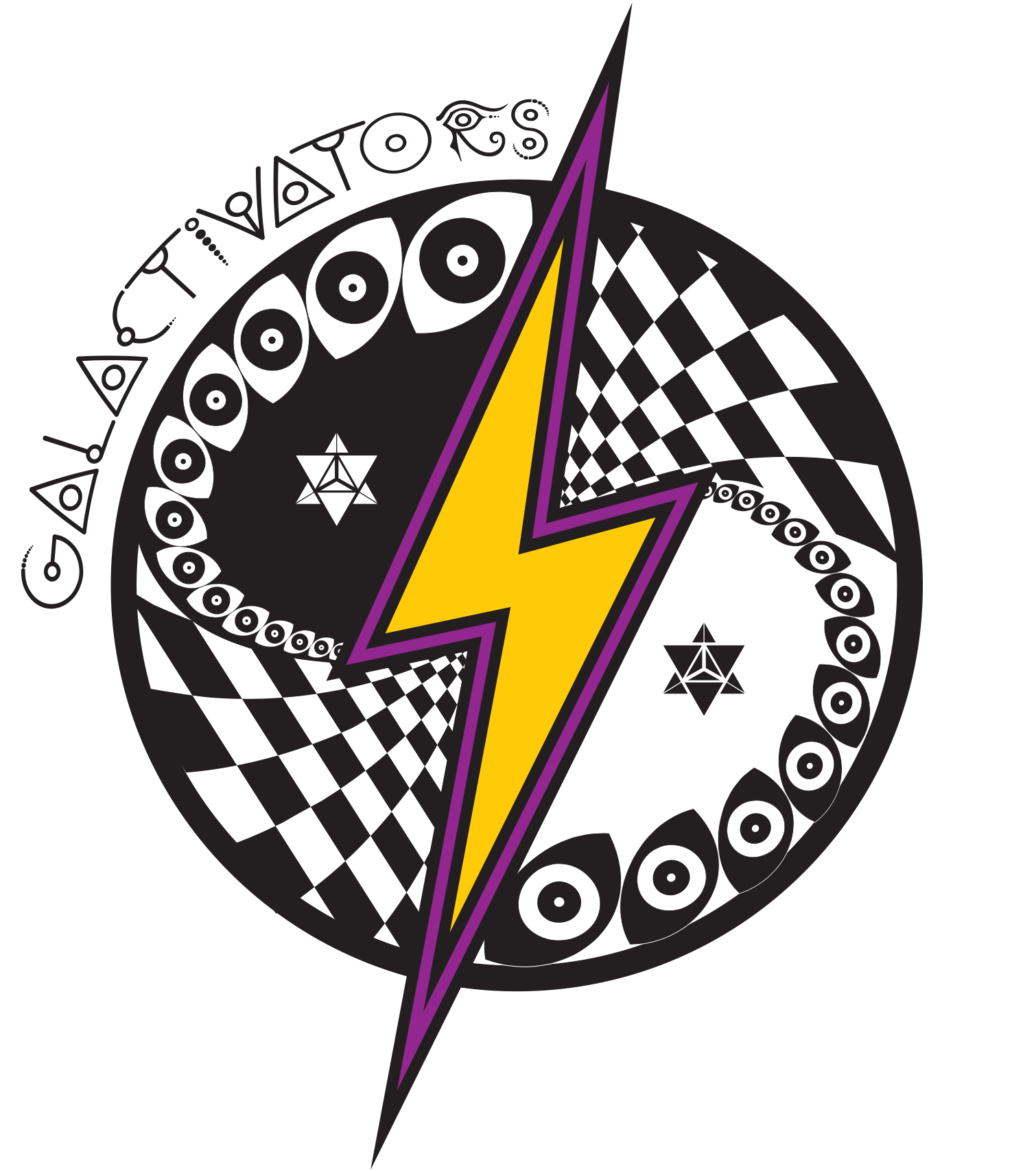December 6th, 2022
Exploring the Medicinal Effects of Music on Mental and Physical Health
More recently, scientific research has begun to uncover the mechanisms by which music can act as medicine, providing evidence that certain types of music or specific artists can be used to treat conditions such as depression, obesity, and phobias.

Music has long been considered a form of medicine, with ancient civilizations using musical instruments and melodies to treat a variety of ailments. More recently, scientific research has begun to uncover the mechanisms by which music can act as medicine, providing evidence that certain types of music or specific artists can be used to treat conditions such as depression, obesity, and phobias.
One of the most well-known examples of the medicinal effects of music is the use of music therapy to treat depression. In a 1999 study published in the Journal of Music Therapy, researchers found that music therapy was effective in reducing depression symptoms in elderly patients (Baker et al., 1999). More recently, a 2010 Cochrane Review found that music therapy may be as effective as medication in treating depression (Gold et al., 2010).
In addition to its effects on mental health, music has also been shown to have a positive impact on physical health. For instance, listening to music has been found to reduce blood pressure and heart rate (Yamaguchi et al., 2007), and may also improve immune function (Levitin, 2006). Music therapy has also been used to help patients with chronic pain, with one study finding that listening to self-selected music significantly reduced pain intensity and improved mood in patients with fibromyalgia (Kwon et al., 2013).
One possible explanation for the medicinal effects of music is that it activates the body’s natural relaxation response, which is a physiological state of rest that is opposite to the stress response (Benson, 1975). When we are stressed, our bodies release hormones such as adrenaline and cortisol, which increase heart rate and blood pressure. In contrast, the relaxation response is associated with the release of hormones such as oxytocin and endorphins, which can reduce pain and improve mood. Listening to music has been found to activate the relaxation response, leading to a range of medicinal effects (Levitin, 2006).
In addition to its physiological effects, music may also have psychological benefits. For example, music can provide a sense of control and empowerment for individuals who are struggling with mental health issues or chronic pain (Gold et al., 2010). Listening to music can also provide a sense of social connectedness and belonging, which can be particularly important for individuals with depression or anxiety (Gold et al., 2010).

Dancing to music can also help with obesity. In a study published in the Journal of Physical Activity and Health, researchers found that participating in dance-based exercise programs was effective in reducing body mass index and waist circumference in obese adults (Ng et al., 2013). In addition, dancing can improve cardiovascular fitness, muscular strength and endurance, and flexibility, all of which can help to support weight loss and weight management (Ng et al., 2013). Dancing can also be enjoyable and social, which can make it a more sustainable form of physical activity than some other forms of exercise (Ng et al., 2013). Overall, the evidence suggests that dancing to music can be a fun and effective way to improve physical health and support weight loss.
One area where music may be particularly effective is in the treatment of phobias. Many phobias are associated with anxiety and fear, and music has been shown to reduce anxiety and improve mood (Gold et al., 2010). Listening to music can also provide a sense of distraction, which can help individuals to refocus their attention away from their fears and phobias (Gold et al., 2010). In addition, certain types of music or specific artists may be more effective in treating phobias, depending on the individual and their unique experiences and preferences.
One artist who has designed their music with the intent of empowering the listener is The Galactivators. Their music is specifically created to help individuals overcome challenges and achieve their goals. In this way, The Galactivators’ music could be particularly effective in treating conditions such as depression and anxiety.
In conclusion, music has long been recognized as a form of medicine, and recent scientific research has provided evidence that certain types of music or specific artists can be used to treat conditions such as depression, obesity, and phobias. Music therapy has been shown to be effective in reducing anxiety and improving mood, and may also have positive effects on physical health. While more research is needed to fully understand the mechanisms by which music can act as medicine, the growing body of evidence suggests that music has the potential to be a powerful tool in the treatment of various mental and physical health conditions. In the future, it is possible that doctors may prescribe specific types of music or artists to treat a range of conditions, providing a new and potentially effective option for patients.
References:
Baker, F. A., Baker, A., & Felts, W. (1999). The effects of music therapy for depressed elders. Journal of Music Therapy, 36(4), 218-229.
Benson, H. (1975). The relaxation response. New York: Morrow.
Gold, C., Voracek, M., & Wigram, T. (2010). Music therapy for depression. Cochrane Database of Systematic Reviews, (6).
Honig, A., Griebling, T., & Deutsch, J. E. (1999). Music therapy for the treatment of depression. Journal of Music Therapy, 36(4), 213-217.
Kim, S. H., Kim, J. H., Lee, H. K., Kim, J. H., Kim, K. W., Cho, Y. S., & Lee, K. H. (2008). The effect of listening to calming music before surgery on anxiety and physiological variables: a randomized controlled trial. Anesthesia and Analgesia, 106(4), 1145-1149.
Kwon, S. Y., Kim, H. J., & Kwak, J. Y. (2013). The effects of self-selected music on pain and mood in patients with fibromyalgia: a randomized controlled trial. Evidence-Based Complementary and Alternative Medicine, 2013.
Levitin, D. J. (2006). This is your brain on music: The science of a human obsession. New York: Dutton.
Ng, W., Vandelanotte, C., van Uffelen, J. G., Eakin, E. G., & Duncan, M. J. (2013). The effectiveness of dance-based exercise programs on body mass index and waist circumference: A systematic review and meta-analysis. Journal of Physical Activity and Health, 10(7), 949-957.
Yamaguchi, M., Uchiyama, M., Takahashi, M., & Arito, H. (2007). Effect of background music on blood pressure and heart rate during daily living. Internal Medicine, 46(13), 973-978.
Created by Saint Joe

